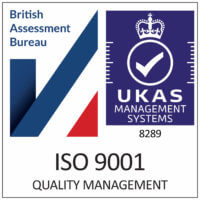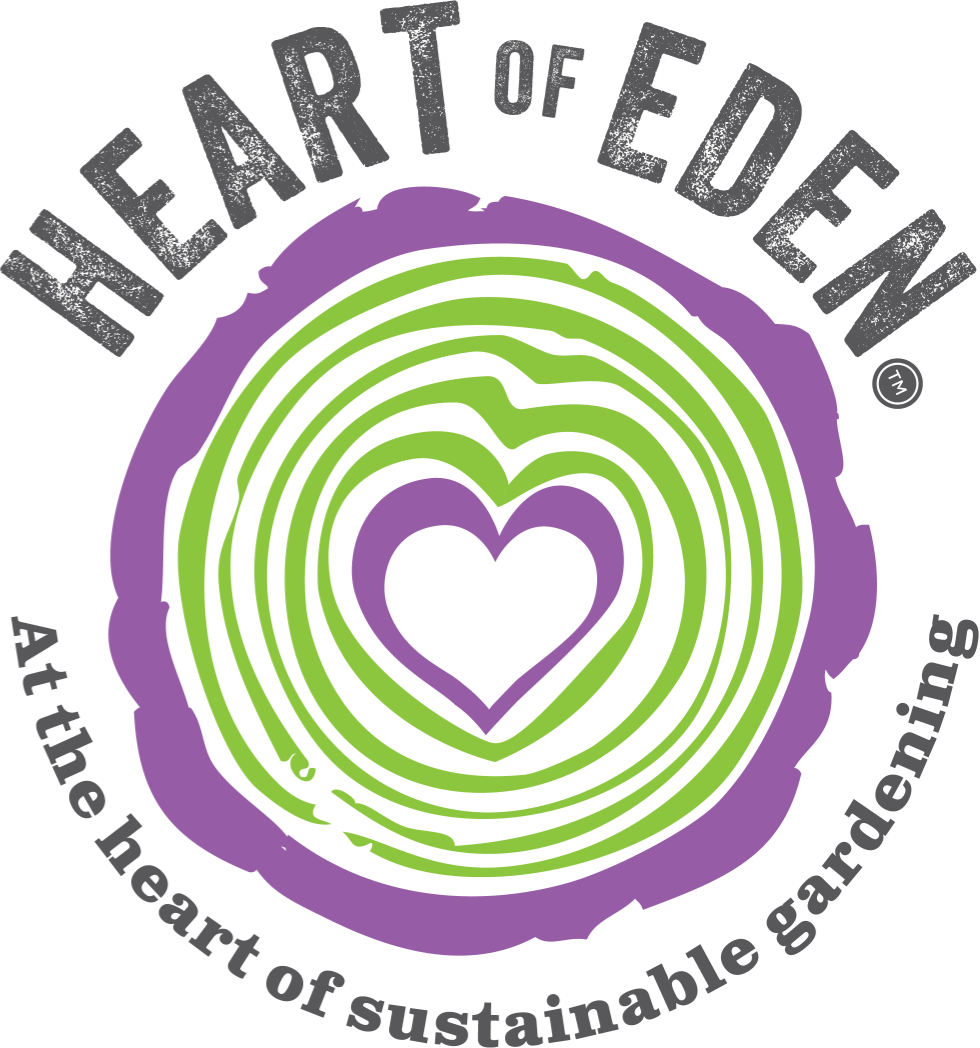The Impact of Peat-Free All-Purpose Compost on Fruit Yield in Fruit-Bearing Plants
Oct 16th 2023
Are you a passionate gardener looking to improve your fruit yield in fruit-bearing plants? Look no further! In this article, we explore the intriguing topic of the impact of peat-free all-purpose compost on fruit yield. You may be wondering, can this compost truly enhance the productivity of your beloved fruit-bearing plants? Allow us to take you on a journey through the fascinating world of gardening as we unravel the potential benefits of using peat-free all-purpose compost. Get ready to discover how this innovative product could help you achieve bountiful harvests!
The Importance of All-Purpose Compost in Fruit Yield
Understanding the role of compost in plant growth
Compost plays a vital role in the growth and development of plants, especially when it comes to fruit-bearing plants. Compost is a nutrient-rich organic material that provides essential elements for plant growth. These nutrients are crucial for the production of healthy fruits. Additionally, compost improves soil structure and fertility, promoting root development and allowing plants to access water and nutrients more efficiently.
The benefits of using all-purpose compost
All-purpose compost is specifically formulated to meet the needs of a wide range of plants, including fruit-bearing plants. It contains a balanced mix of organic materials. This diverse composition ensures that all the necessary nutrients are present in the soil, supporting optimal fruit yield. All-purpose compost also improves the soil’s ability to retain moisture, reducing the risk of drought stress and helping fruit-bearing plants thrive.
The environmental impact of peat-based compost
Peat-based compost has long been a popular choice among gardeners due to its excellent water retention properties. However, the extraction of peat has significant environmental consequences. Peat is a non-renewable resource that takes thousands of years to form, and its extraction destroys unique habitats, releasing a large amount of carbon dioxide into the atmosphere. Therefore, it is essential to explore alternatives, such as peat-free all-purpose compost, that can provide similar benefits without contributing to environmental degradation.
Introduction to Peat-Free All-Purpose Compost
What is peat-free all-purpose compost?
Peat-free all-purpose compost is a sustainable alternative to traditional peat-based compost. It is made from a mixture of organic materials. These components are carefully selected to replicate the properties of peat while reducing the environmental impact.
Composition and characteristics of peat-free compost
Peat-free compost contains a diverse range of organic matter, which contributes to its excellent nutrient content. The combination of different ingredients ensures a balanced supply of essential nutrients for fruit-bearing plants. Additionally, peat-free compost has good water retention and drainage properties, allowing for optimal moisture levels in the soil. This is crucial for root development and nutrient uptake, ultimately leading to improved fruit yield.
Comparisons between peat-based and peat-free composts
When comparing peat-based and peat-free composts, it is important to consider not only the effectiveness in promoting fruit yield but also the environmental impact. Peat-based composts have historically been favored for their water retention properties, but their extraction contributes to habitat destruction and climate change. Peat-free composts, on the other hand, offer similar benefits without the negative environmental consequences. It is clear that peat-free all-purpose compost is a more sustainable choice for gardeners looking to maximize fruit yield while minimizing their ecological footprint.
Factors Affecting Fruit Yield in Fruit-Bearing Plants
Role of soil nutrients in fruit development
Fruit-bearing plants have specific nutrient requirements that must be met for optimal fruit development. The nutrients obtained from the soil play a crucial role in the formation and quality of fruits. Nitrogen is essential for leaf and stem growth, phosphorus promotes flower and fruit production, and potassium enhances the flavor and shelf life of fruits. Compost, especially all-purpose compost, provides a rich source of these nutrients, ensuring that fruit-bearing plants have everything they need to produce abundant and healthy fruits.
Water requirements for optimal fruit production
Adequate water supply is essential for fruit-bearing plants to thrive and produce high-quality fruits. Insufficient watering can lead to dehydration, causing fruits to wither and become small and shriveled. On the other hand, overwatering can lead to root rot and other diseases, negatively impacting fruit yield. All-purpose compost, with its water retention properties, helps maintain the right balance of moisture in the soil, ensuring that the plants have access to water when needed without the risk of waterlogging.
Sunlight and temperature influences on fruit yield
Sunlight and temperature play a crucial role in fruit development and yield. Fruit-bearing plants require a certain amount of sunlight to photosynthesize and convert energy into sugars, which contribute to fruit growth and sweetness. Additionally, temperature affects the rate of fruit ripening and the overall fruit quality. All-purpose compost indirectly supports fruit yield by promoting healthy plant growth, which in turn allows the plants to efficiently utilize sunlight and regulate their internal temperature.
Potential Impact of Peat-Free Compost on Fruit Yield
Effects of peat-free compost on soil fertility
One of the significant benefits of using peat-free compost is its positive impact on soil fertility. The organic matter present in the compost gradually breaks down, releasing a steady supply of nutrients into the soil. This improves soil fertility, ensuring that fruit-bearing plants have access to the necessary nutrients throughout their growth cycle. By enriching the soil with essential elements, peat-free compost supports robust plant growth, leading to increased fruit yield.
Improved moisture retention and drainage
Peat-free compost has excellent moisture retention capabilities, which can be particularly beneficial in regions with limited rainfall or when facing drought conditions. The compost absorbs and holds water, gradually releasing it to the plant’s roots as needed. This reduces the risk of water stress and helps prevent symptoms such as fruit drop and wilting. Additionally, peat-free compost improves soil drainage, preventing waterlogging and allowing excess water to move away from the plant’s roots.
Protection against pests and diseases
Healthy, vigorous plants are better equipped to resist pests and diseases, ultimately leading to higher fruit yield. Peat-free compost, with its nutrient-rich composition, promotes plant health and strengthens the natural defenses of fruit-bearing plants. By providing essential nutrients and supporting robust growth, peat-free compost helps plants ward off pests and diseases, reducing the need for chemical pesticides. This not only benefits the overall health of the plants but also contributes to a safer and more sustainable fruit production process.
Experimental Studies and Research on Peat-Free Compost
Overview of recent experiments and studies on fruit-bearing plants
In recent years, there has been a growing interest in studying the effects of peat-free compost on fruit-bearing plants. Researchers have conducted various experiments to evaluate the impact of peat-free compost on fruit yield, plant health, and overall productivity. These studies have focused on a range of fruit-bearing plants, including strawberries, tomatoes, apples, and citrus fruits. The findings from these experiments provide valuable insights into the benefits of using peat-free all-purpose compost in fruit production.
Comparative analysis of fruit yield with peat-free and peat-based composts
Several comparative analyses have been conducted to assess the differences in fruit yield between plants grown with peat-free compost and those grown with peat-based compost. These studies have consistently shown that plants grown with peat-free all-purpose compost can achieve similar or even higher fruit yields compared to those grown with peat-based compost. This indicates that peat-free compost is a viable alternative that does not compromise fruit production.
Conclusion: The Future of Peat-Free All-Purpose Compost
Summary of the impact of peat-free compost on fruit yield
The use of peat-free all-purpose compost in fruit-bearing plants has shown significant potential in improving fruit yield. Compost provides essential nutrients, enhances soil fertility, improves water retention and drainage, and supports pest and disease resistance. Comparative studies have consistently demonstrated that fruit yields can be equal to or higher when using peat-free compost compared to peat-based compost. With its sustainable composition and positive environmental impact, peat-free compost represents a promising solution for sustainable fruit production.






